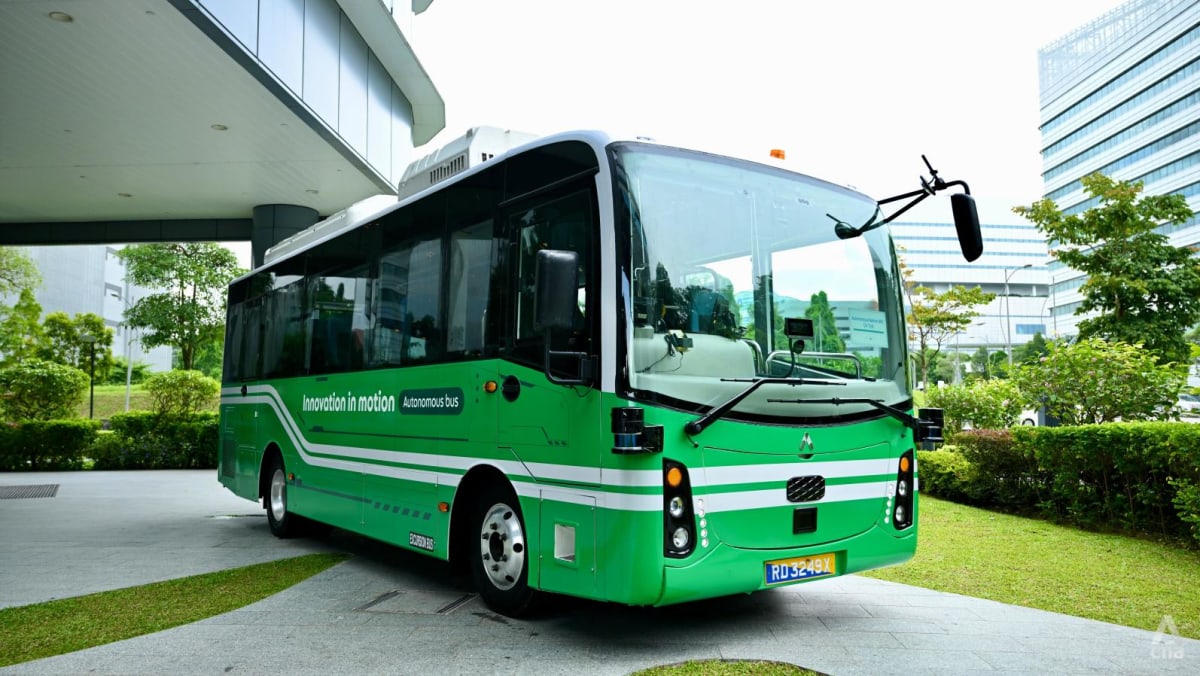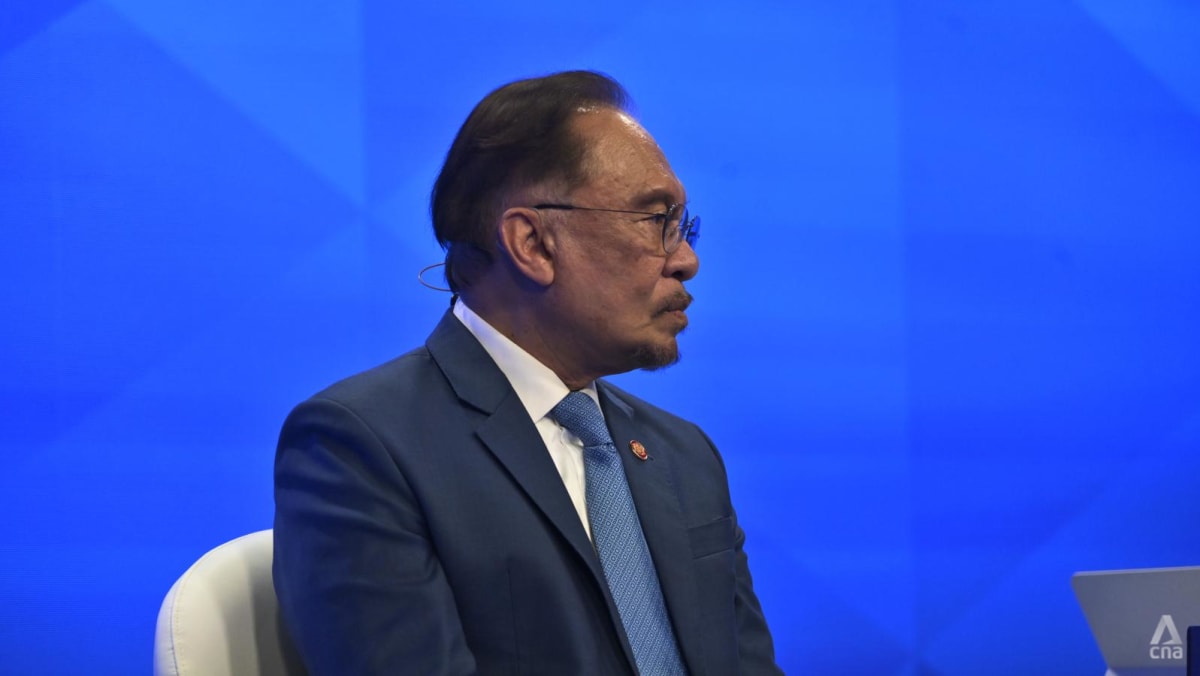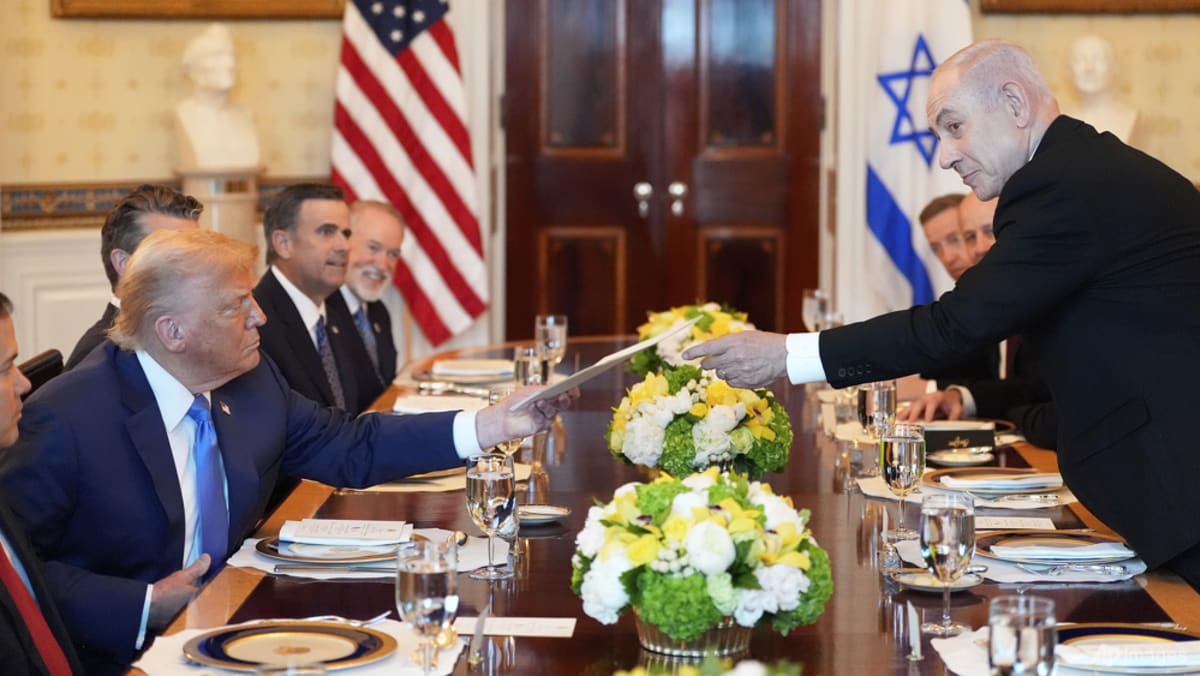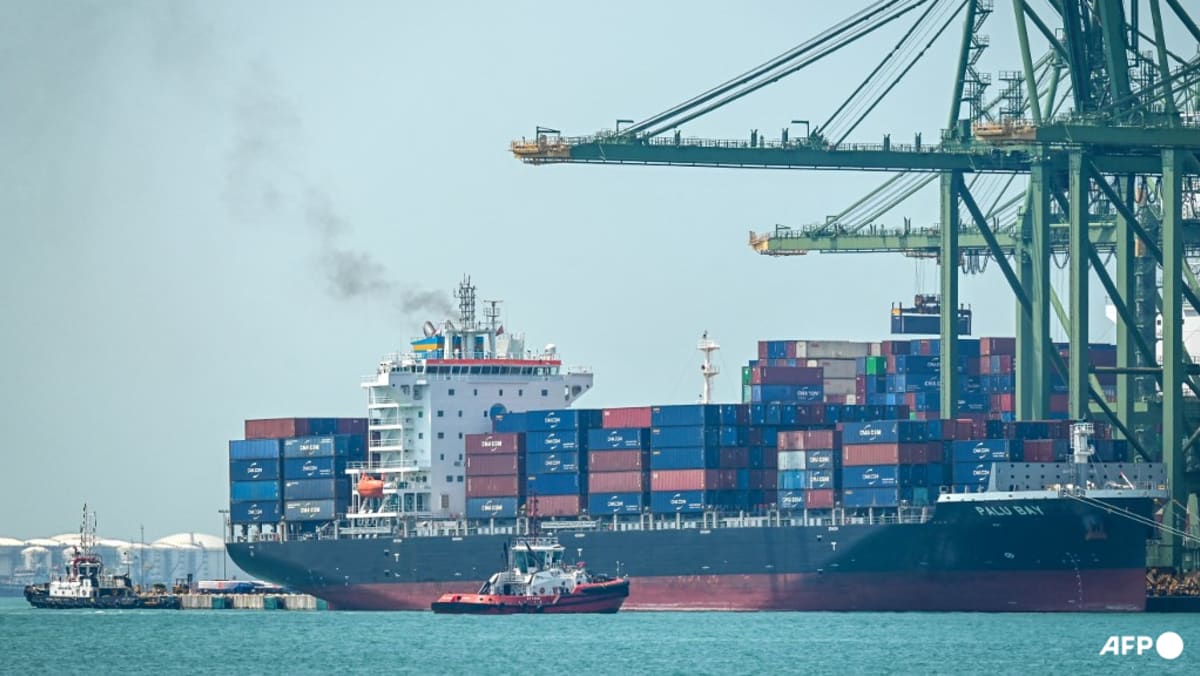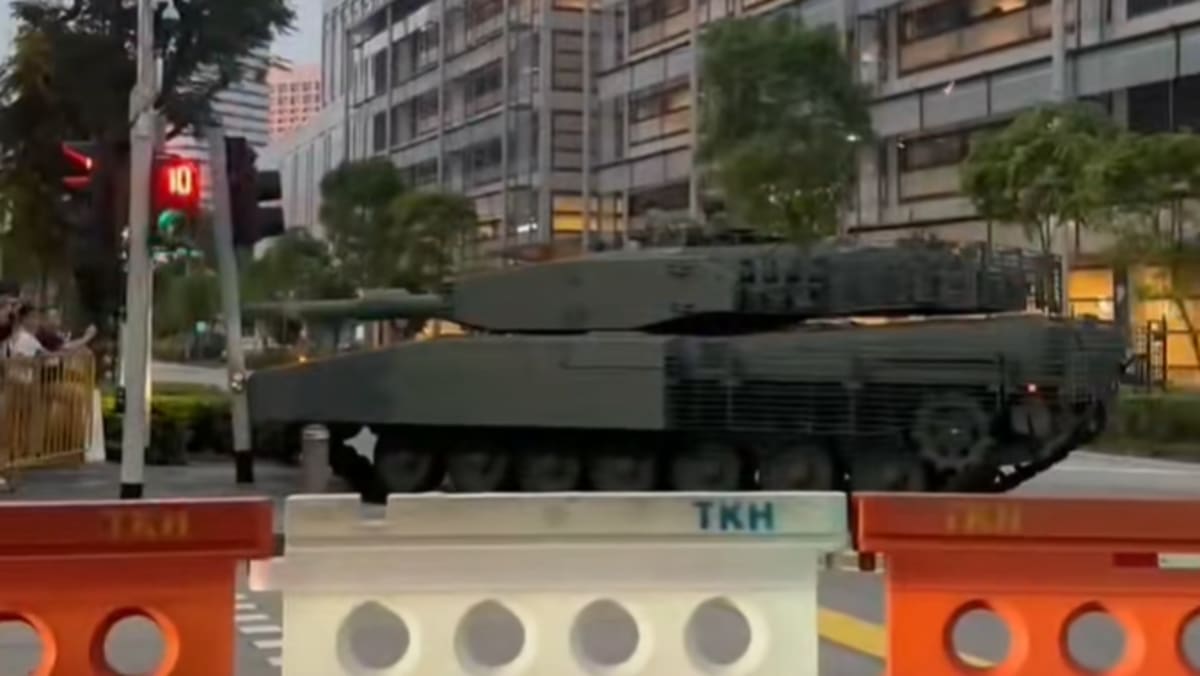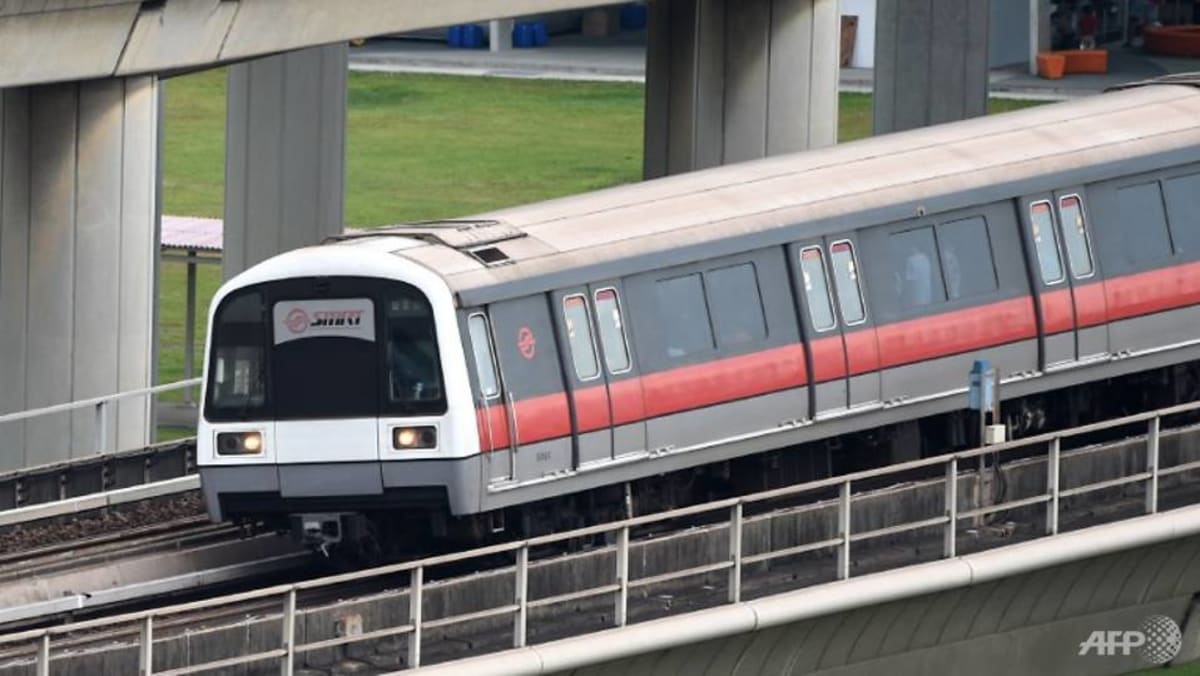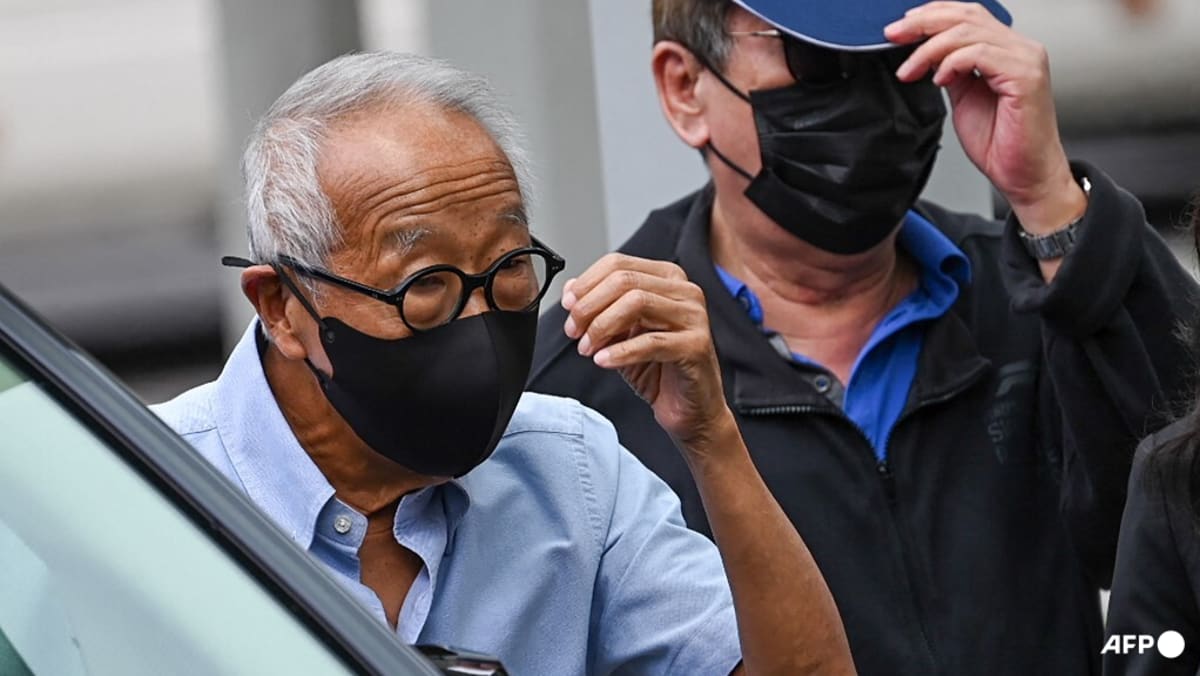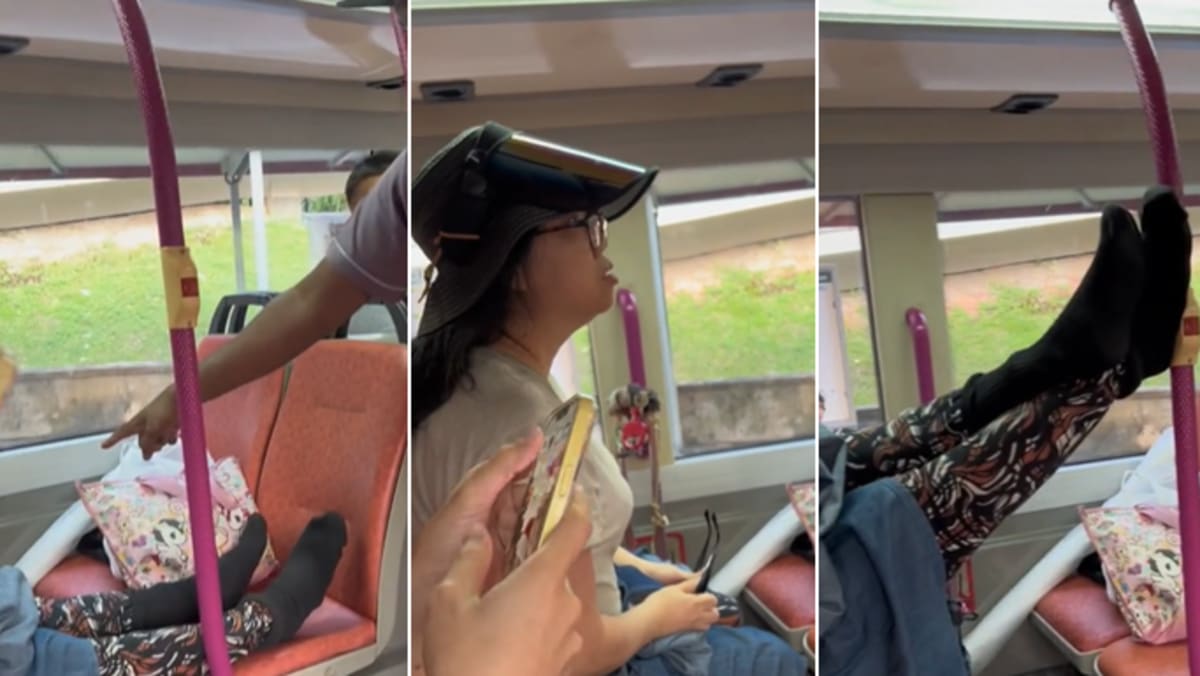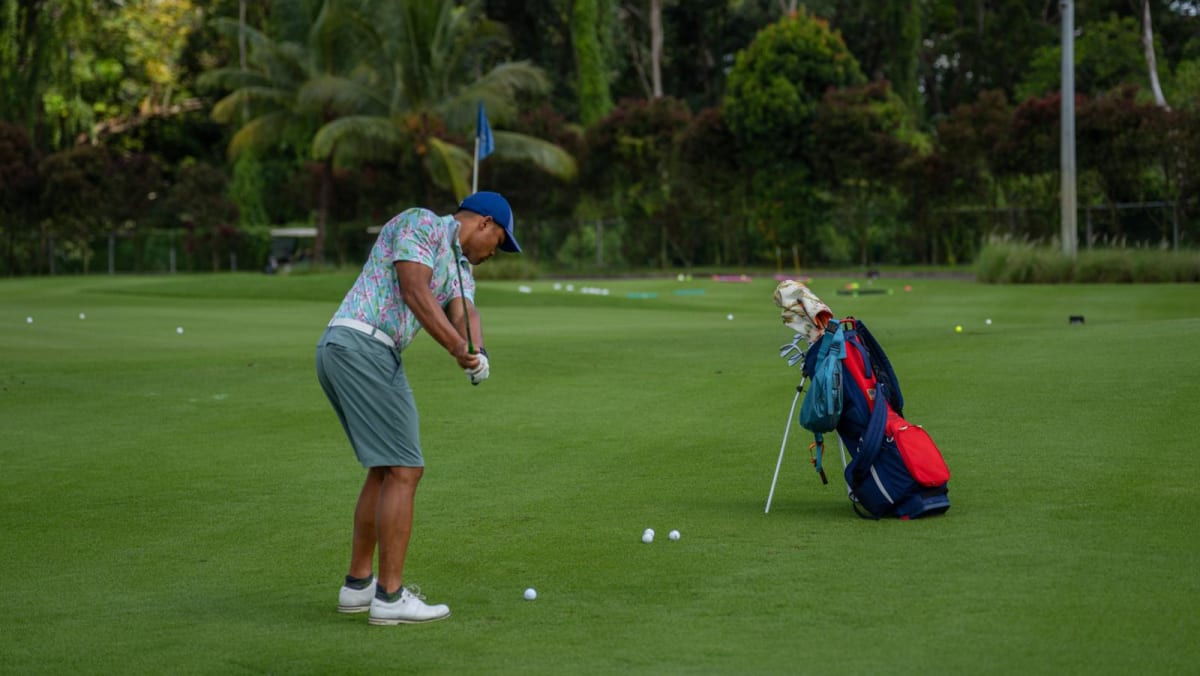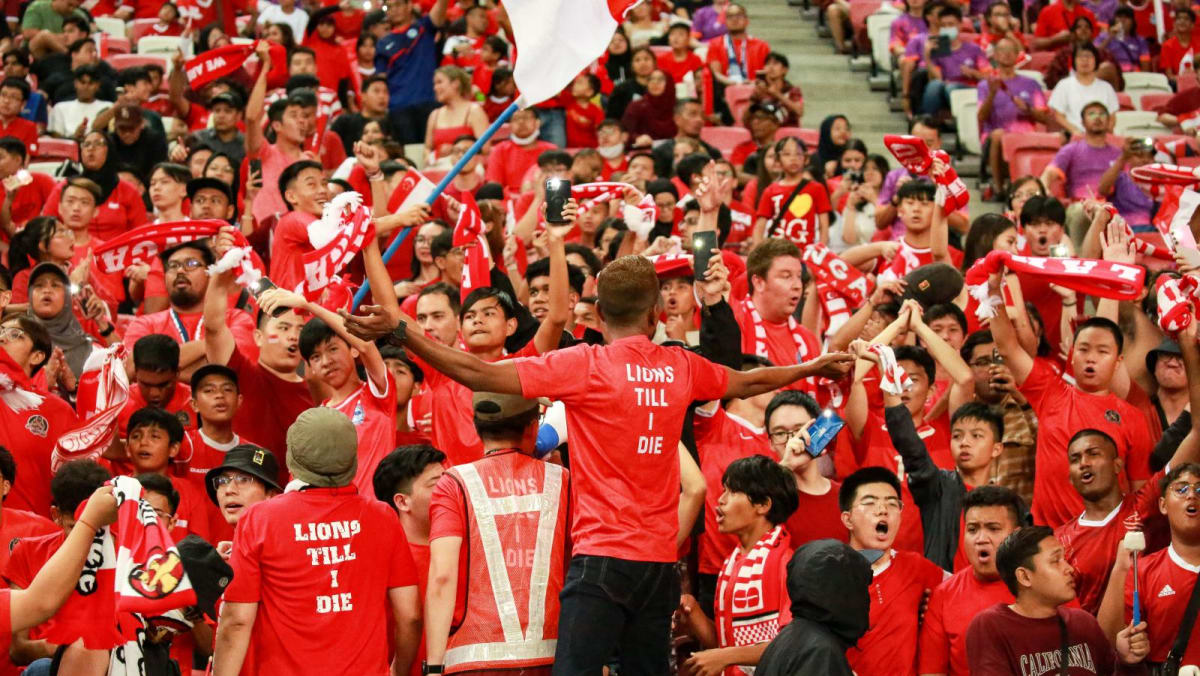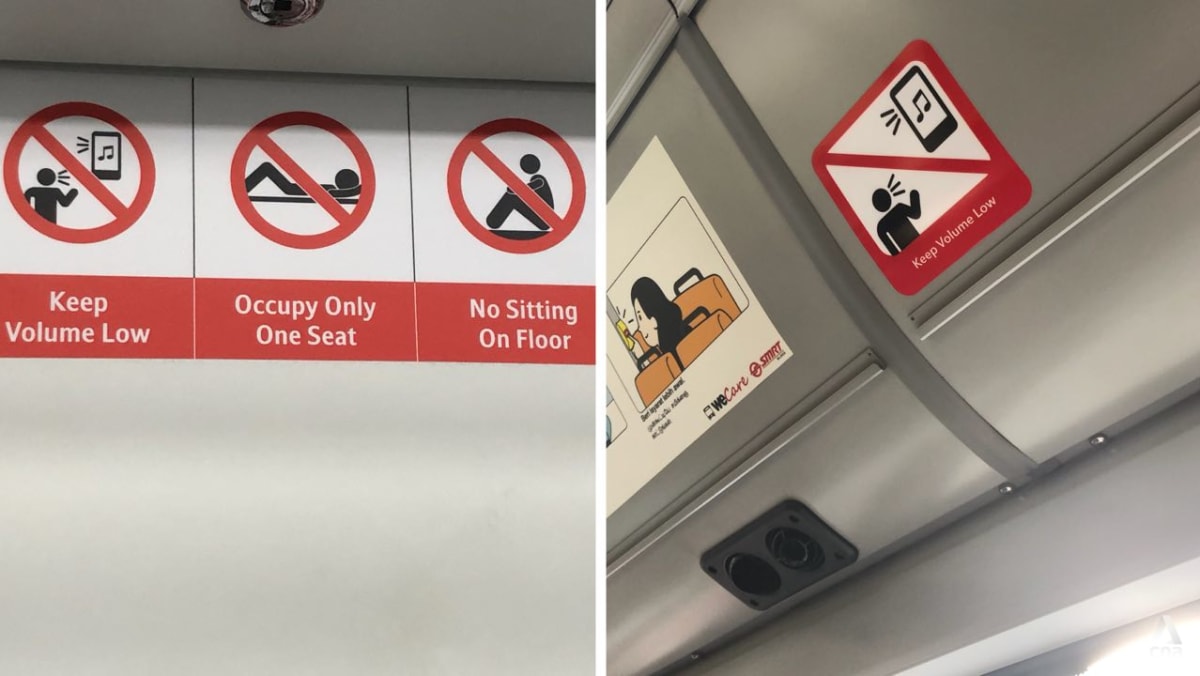SINGAPORE: The Progress Singapore Party (PSP) on Wednesday (Apr 9) called on the government to secure a new trade deal with the United States in response to sweeping new tariffs imposed by President Donald Trump last week.
Such discussions may include “making adjustments to internal policies or making strategic investments in the US”, said PSP secretary-general Leong Mun Wai in a Facebook post.
“Many countries have reportedly already approached the US to seek a deal. We should take this opportunity to secure a new trade deal with President Trump and work with the US to address their concerns,” Mr Leong wrote.
The party’s comments come in response to Prime Minister Lawrence Wong’s ministerial statement in parliament on Tuesday, when he announced that a national task force will be formed to help businesses and workers navigate the impact of the tariffs, which are expected to dampen economic growth.
PSP’s Mr Leong added that Mr Wong’s message to Singaporeans that they should “not fear” the new tariffs was something that the party shared.
He stressed that the PSP had “no intention of downplaying the new tariffs”, which he called a “game-changer” that likely marked the end of the post-war free trade system that had underpinned Singapore’s prosperity.
The party had earlier described messages from various Singapore ministers warning of the potential impact of the tariffs as “overblown”, suggesting they might be intended to stir fear among voters ahead of the General Election.
On Wednesday, Mr Leong acknowledged the concern among Singaporeans about job security and the anxiety that the turmoil in financial markets has caused, particularly among those who depend on their investments for retirement.
Citing Singapore’s “good track record” in navigating its way through the 1997 Asian Currency Crisis, Severe Acute Respiratory Syndrome (SARS) in 2003 and the COVID-19 pandemic, he expressed confidence that the country will be “able to find our way forward to adapt to a new era of deglobalisation and protectionism”.
He added that, given Singapore’s economy and diverse society, the “right approach to dealing with adversity is to have free contestation of ideas, and not groupthink”.
“As a nation, we will be stronger if we can have robust policy debates with different views expressed in parliament as we adapt to this new world order.”
Mr Leong added that Singapore is at a “key inflection point” that could either strengthen the country’s status as a regional economic powerhouse or sideline it as a global trade hub, and hoped that the government would be able to secure the “best deal” for Singapore.
